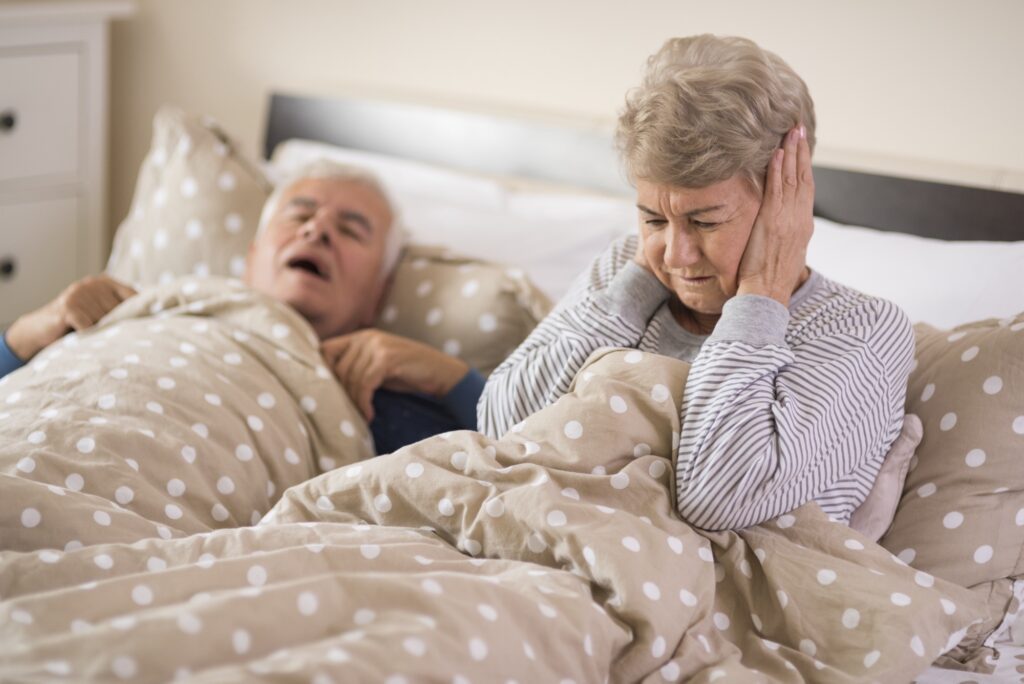By Dr ANSAR AHAMED OTORHINOLARYNGOLOGIST
Introduction
There’s nothing quite like a good night’s sleep to make you feel rejuvenated for the day ahead. Yet, for many, this simple luxury is disrupted by snoring—either their own or their partner’s. But don’t worry, in this blog we will discuss remedies of snoring that can help you have a sound sleep
Understanding Snoring and Its Impact on Sleep Quality
Snoring isn’t just a minor annoyance. It can be the bane of good sleep quality, affecting both the snorer and their sleep partner.
Before we explore solutions, let’s understand what it really is and why it can be more than just a nocturnal nuisance.
What Causes Snoring at Night?
At its core, snoring is the sound produced when air flow is partially obstructed in the nose and throat during sleep.
This causes the surrounding tissues to vibrate, leading to the familiar snoring sound.
The Anatomy of Snoring
The throat muscles relax during sleep. For snorers, this relaxation can narrow the air passageway too much, leading to turbulent air flow and the characteristic rumbling sound.
Common Contributing Factors
- Obesity
- Sleeping on the back
- Alcohol consumption close to bedtime
- Nasal obstruction
Common misconceptions
Snoring is often misunderstood, with many people believing that it is simply a harmless annoyance.
However, snoring can be an indication of underlying health issues and should not be ignored.
Contrary to popular belief, it is not limited to individuals with high body mass index(BMI) or older individuals . People of all ages and body types can be affected by snoring.
Snoring occurs when the flow of air through the mouth and nose is partially blocked during sleep.
This can be caused by a variety of factors, including
- Lifestyle habits
- Medical conditions
- Sleeping positions
By understanding the true causes , we can take steps to address them and improve our sleep quality.
The health risks associated with snoring
The impact on sleep quality

Snoring can have a significant impact on the quality of sleep for both the snorer and their bed partner.
The loud and disruptive noise can lead to frequent awakenings throughout the night, resulting in fragmented sleep.
This can leave both individuals feeling tired and irritable during the day.
In addition to causing fatigue, snoring can also contribute to sleep apnea, a serious sleep disorder characterized by pauses in breathing during sleep.
Therefore, addressing snoring is not only important for a good night’s sleep but also for overall health and well-being.
Snoring is often seen as a nuisance, but it can actually be a warning sign of underlying health issues.
Obstructive Sleep Apnea
For example, loud and persistent snoring can be a symptom of obstructive sleep apnea (OSA), a condition where the airway becomes partially or completely blocked during sleep.
OSA can lead to serious health problems, including
- High blood pressure
- Heart disease
- Increased risk of accidents due to daytime sleepiness
- Diabetes
- Stroke
Identifying the hidden causes
While some causes of snoring may be obvious, such as excess weight or alcohol consumption, there are also hidden factors that can contribute to this common sleep disturbance.
Lifestyle factors
In addition to sleeping position and pillow choice, there are several lifestyle factors that can contribute to snoring.
Obesity

Excessive Alcohol Consumption

Smoking

Sedative Medication
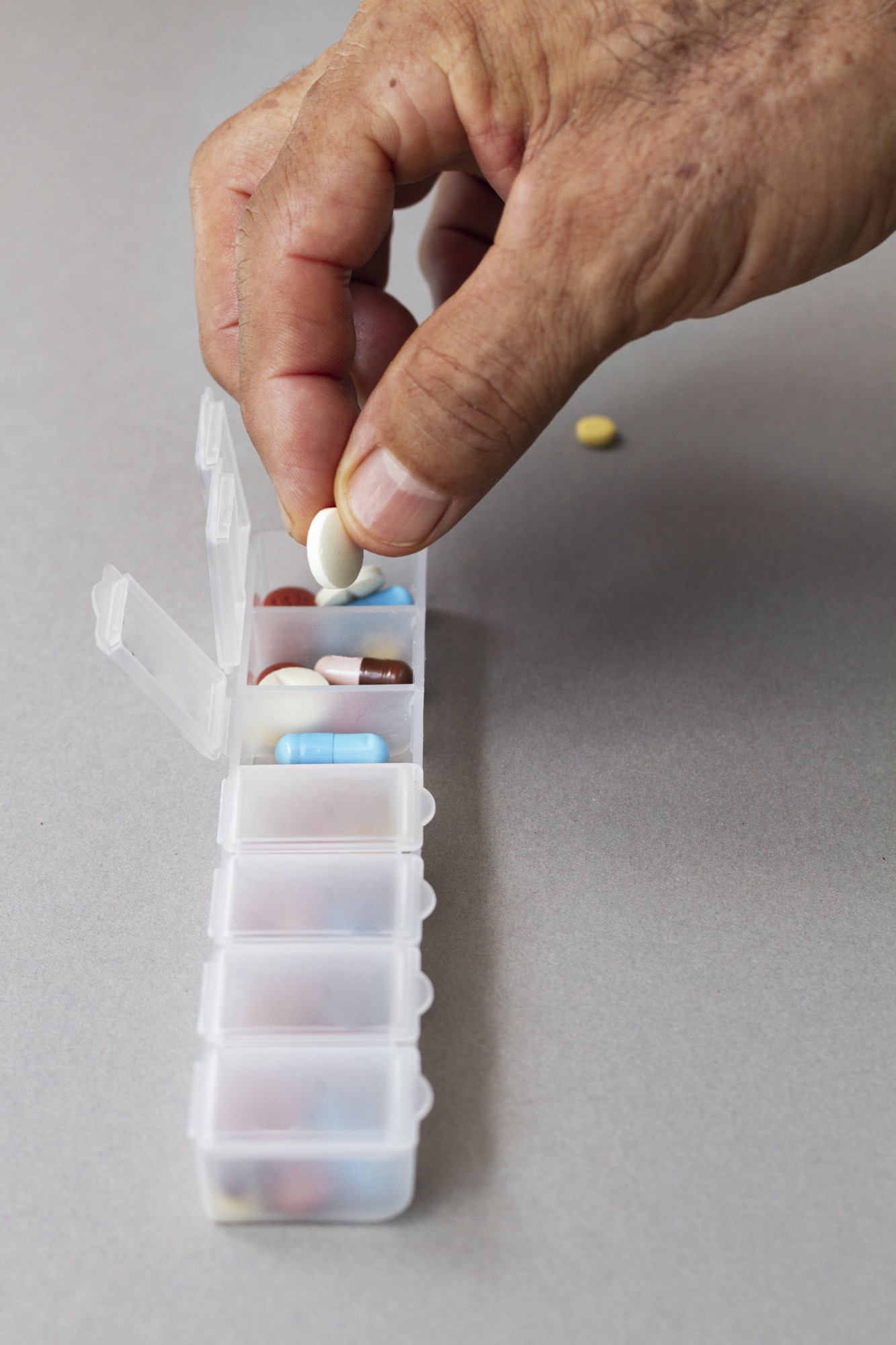
It can all relax the muscles in the throat, making snoring more likely.
Medical conditions that can cause snoring
Snoring can also be a symptom of certain medical conditions.
- Obstructive sleep apnea
- Allergies and sinus issues
- Deviated nasal septum
- Enlarged tonsils and adenoids
- Hypothyroidism
Effective solutions for reducing or eliminating snoring
1.Maintaining a healthy weight

Excess weight can lead to the accumulation of fatty tissues in the throat, which can narrow the airway and cause snoring.
Incorporating regular exercise and a balanced diet can help manage weight and reduce snoring.

A few extra pounds can translate to more tissue around the neck area, tightening the airways. Healthy eating and regular exercise could be your first step toward quieter nights.
2.Treatment of allergies and sinus infections

Allergies and sinus issues can play a significant role.
When the nasal passages are congested due to allergies or sinusitis, the airflow is restricted, leading to increased resistance and turbulence, resulting in snoring.
Treating these conditions can help alleviate snoring caused by allergies or sinus issues by using
- Antihistamines
- Nasal decongestants
- Nasal rinses
It is also important to address any underlying allergies or sinus problems to prevent them from worsening and potentially leading to more severe sleep disorders.
Seeking medical advice and exploring treatment options can help manage these conditions
3.Changing Sleeping positions
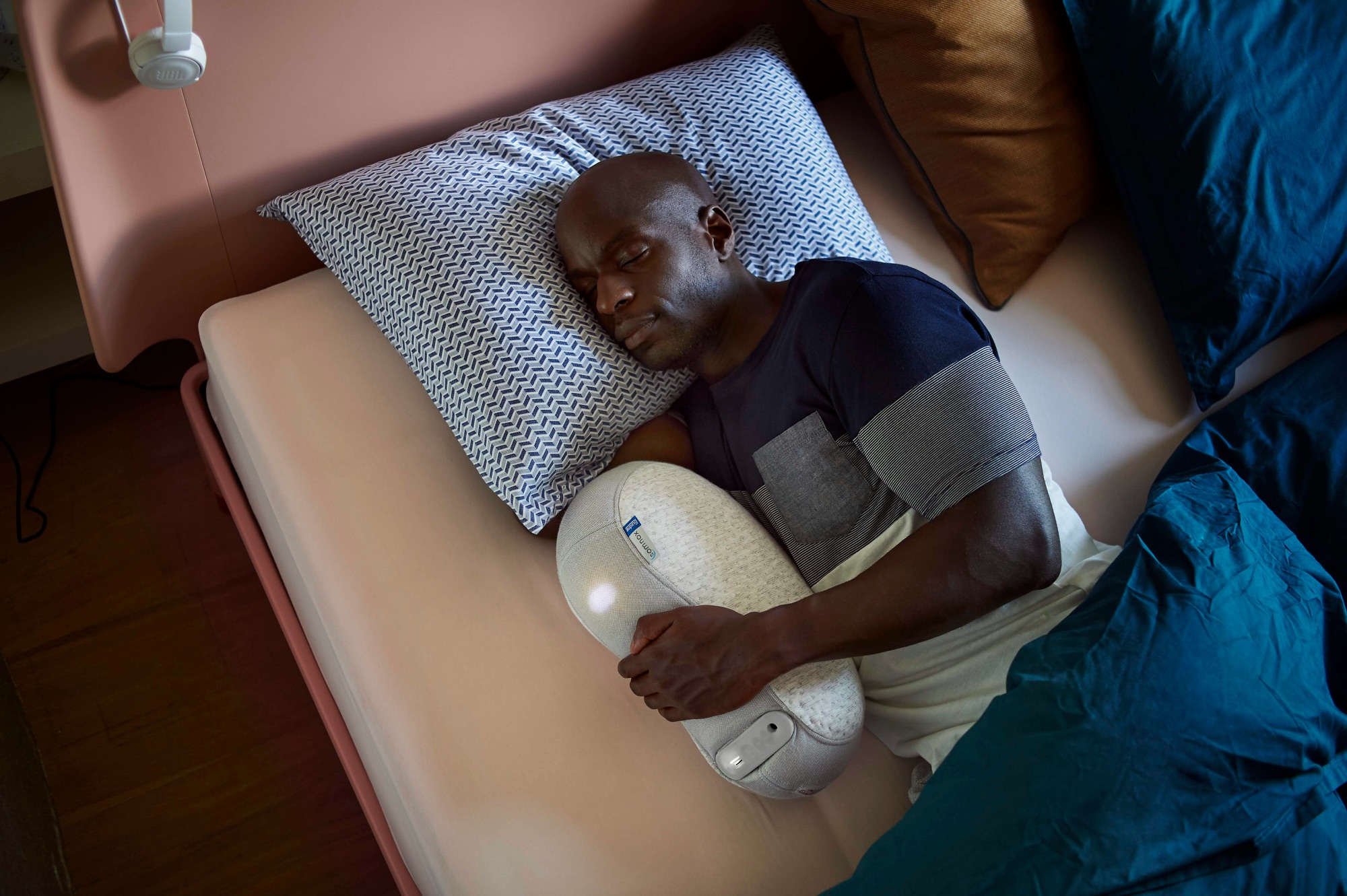
One often overlooked factor is the sleeping position.
- Sleeping on your back can cause the tongue and soft tissues in the throat to collapse, obstructing the airway.
- Making simple changes to your sleeping position, such as sleeping on your side, can make a significant difference.
- Sleeping on your side can prevent the tongue from falling back into the throat.
- Body pillows can help maintain this position throughout the night.
4.The Role of Pillows
Another hidden cause of snoring is the type of pillow you use.
- A pillow that does not adequately support your neck can cause your airway to become restricted, leading to snoring.
- Ergonomically designed pillows can align your head and neck to ease the airflow.
- Opting for a pillow that provides proper support and alignment can help reduce snoring and promote better sleep.
6.The Right Bedroom Environment

Keep your bedroom air moist with a humidifier as dry air can irritate the nose and throat.
The ideal sleeping environment is cool, quiet, and dark.
7.Night time Routine
Develop a consistent bedtime routine that involves relaxing activities.

Avoid alcohol and heavy meals before bedtime as they can exacerbate snoring.
8.Throat and Tongue Exercises
Exercises that strengthen the throat and tongue can keep these muscles firm during sleep, minimizing snoring.
A simple exercise is repeatedly pronouncing certain vowel sounds.
9.Over-the-Counter Aids and Devices
Best Anti-Snoring Devices of 2024
From nasal strips to mandibular advancement devices (MADs), the market is full of gadgets that can help alleviate by keeping your airways open.
Do Nasal Strips Help with Snoring?
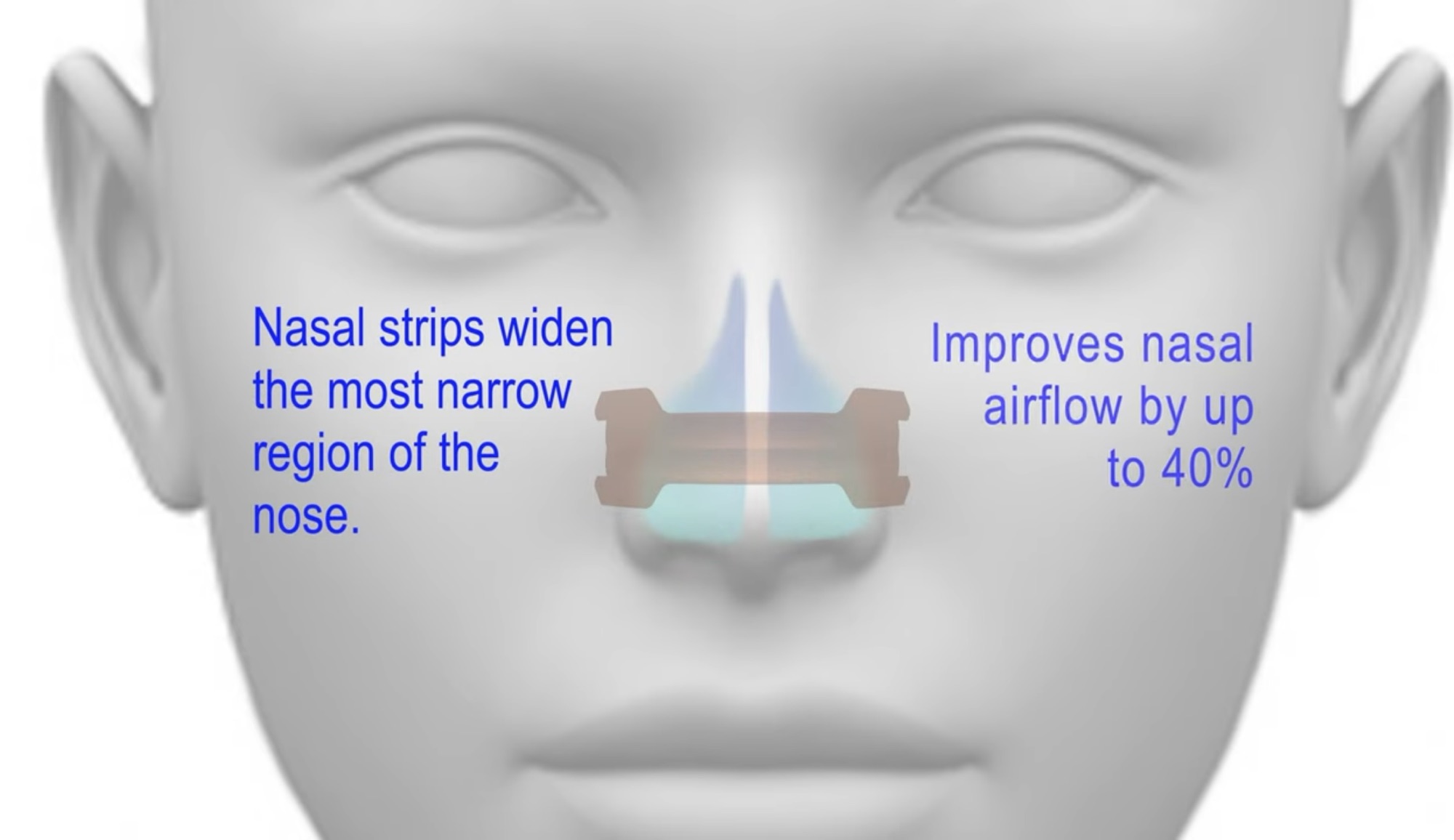
Nasal strips can be quite effective for those suffering from nasal congestion by physically keeping the nostrils open.
Dental Devices for Snoring Prevention
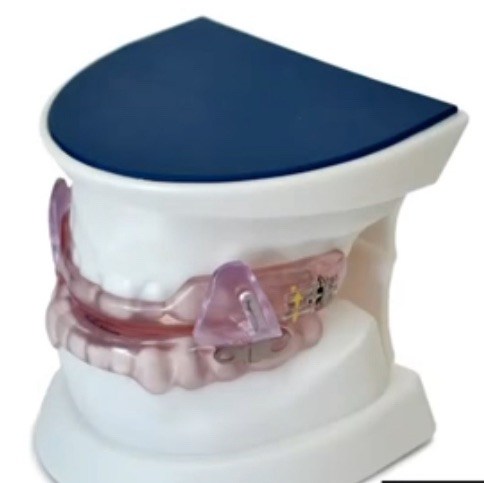
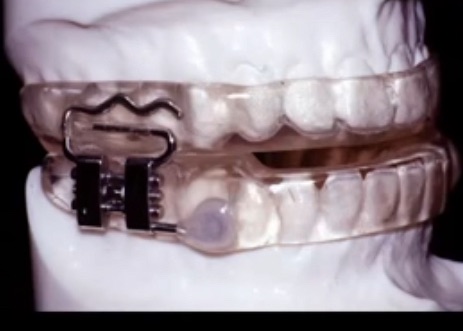
Mandibular advancement devices (MADs) and tongue-stabilizing devices provide a non-invasive solution to keep the airway open during sleep.
Professional and Medical Solutions
When to Seek Professional Help
If your snoring is accompanied by daytime drowsiness, frequent breathing pauses during sleep, or if you wake up choking or gasping for air, it’s time to consult a professional.
Tests to Determine Causes
Sleep Study
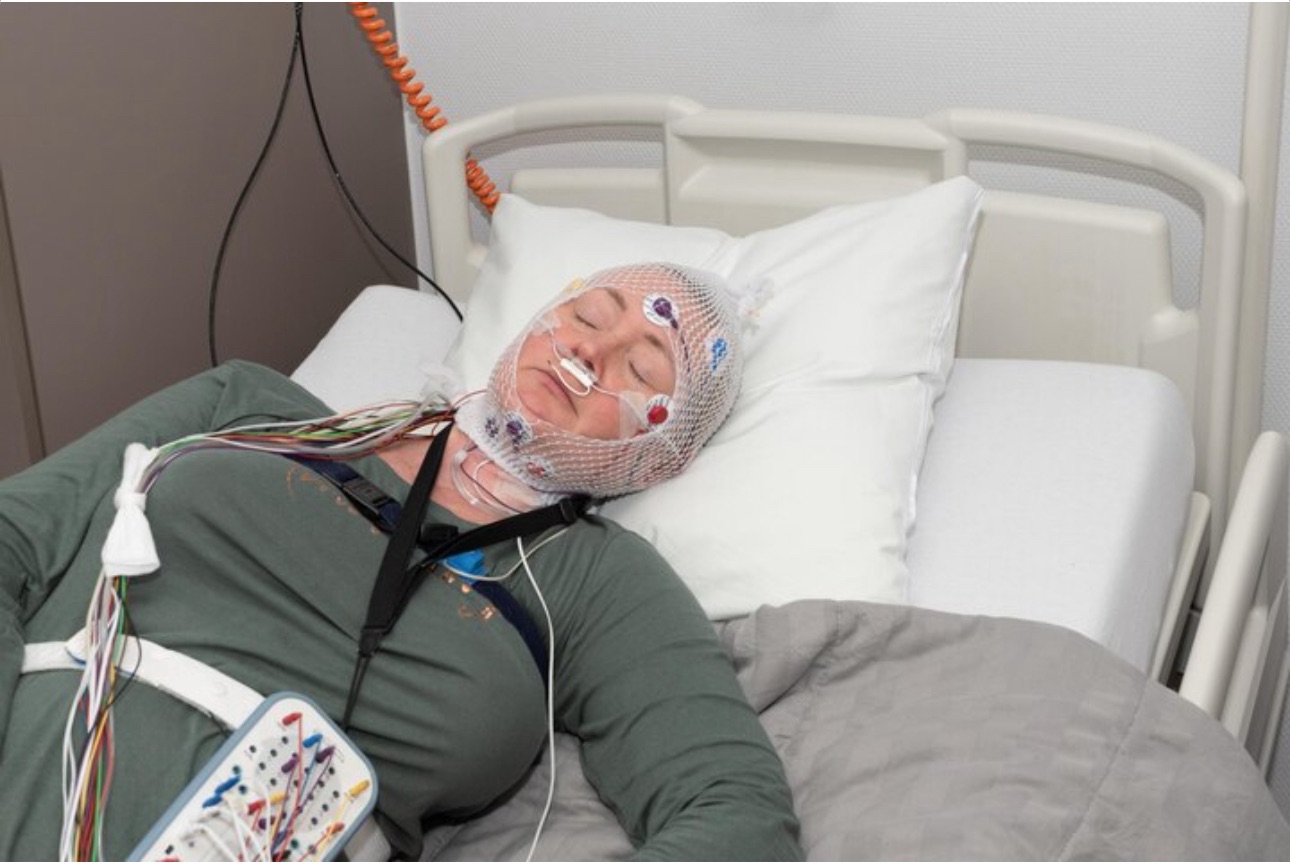
A sleep study, or polysomnography, can help identify whether snoring is a symptom of obstructive sleep apnea or another sleep disorder.
Medical Intervention
For more severe cases of snoring or when snoring is caused by underlying medical conditions, medical interventions may be necessary.
These can include
- Surgical procedures to correct anatomical issues for deviated nasal septum,enlarged adenoid
- Use of continuous positive airway pressure (CPAP) machines for sleep apnea
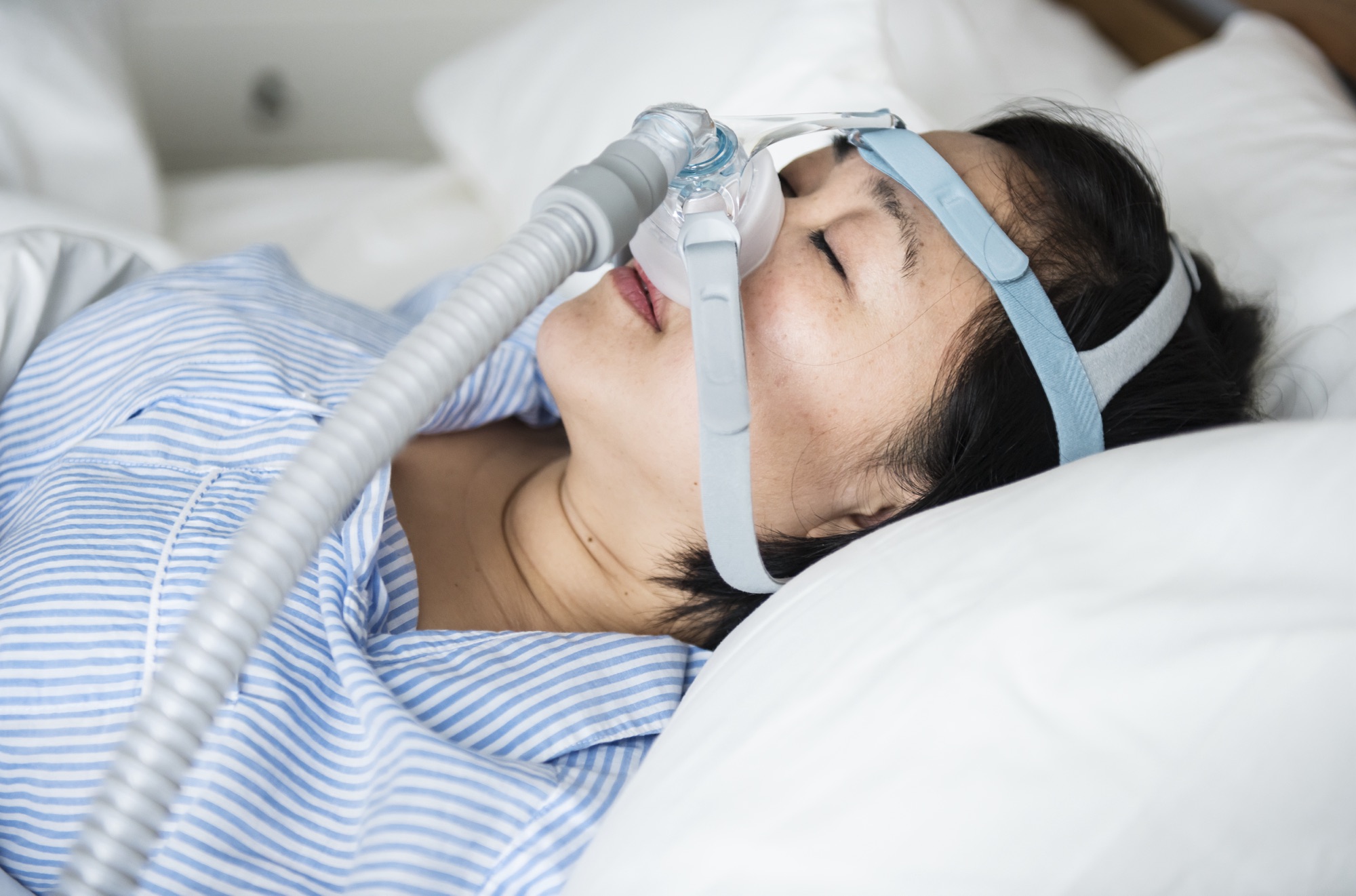
- Use of oral appliances to keep the airway open during sleep.
Types of Surgeries
- Uvulopalatopharyngoplasty (UPPP)
- Maxillomandibular advancement (MMA)
- Laser assisted uvulopalatoplasty
- Palatal implants
- Somnoplasty
Alternatives to CPAP
For those diagnosed with sleep apnea, alternative treatments to CPAP machines include
- Oral appliances
- Positional therapy
- Surgical options for more severe cases
Technology and Snoring
Best Apps for Snoring Detection
Snoring detection apps like SNORE LAB use audio recognition technology to monitor snoring, providing insights into snoring patterns and potential remedies.
Conclusion
Embarking on a journey toward silent nights involves a combination of self-help strategies, lifestyle changes, and possibly medical intervention.
Remember, combating snoring not only contributes to better sleep for you and your partner but also significantly improves your overall health and well-being.
Here’s to finding your path to peaceful, silent nights ahead!
Reference
